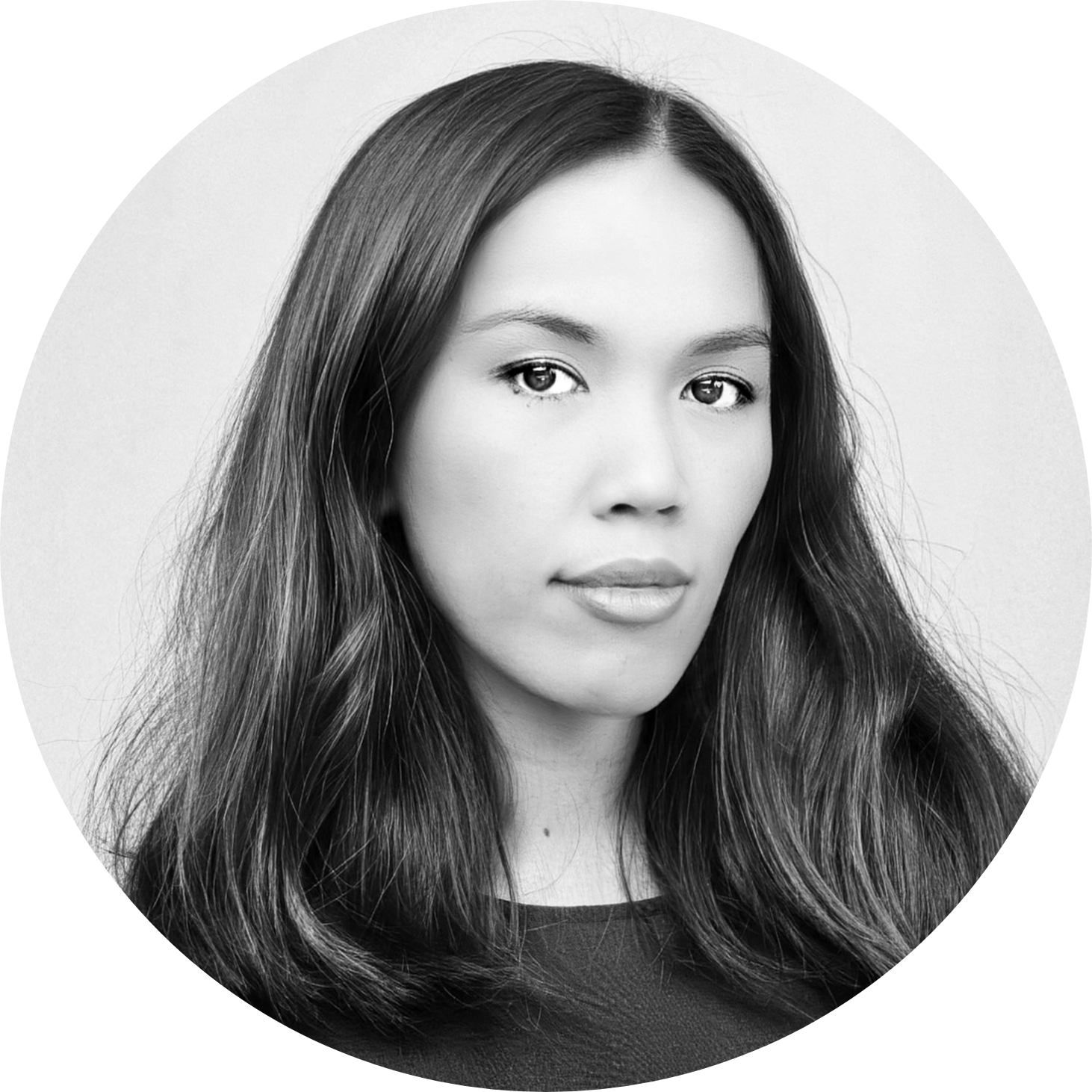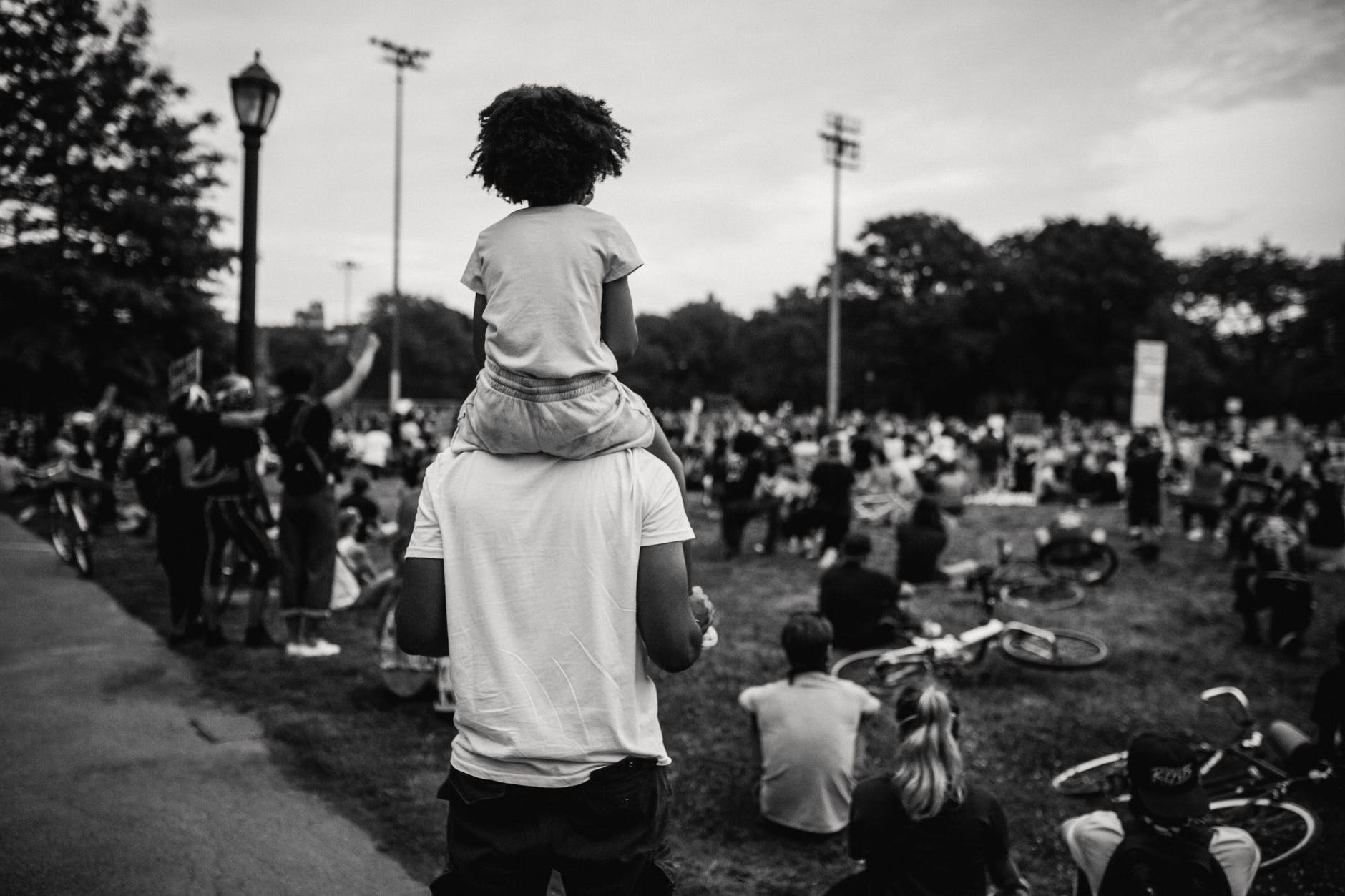What a year to remember, and there’s nothing that could even surprise us these days. After all, we’ve seen it all in just a snapshot, that is year 2020. Amidst political turmoil and social unrest, the unraveling of scenarios in many different states only to showcase what society has become over the years. Or have we not learned from the past?
As if history is trying to tell us the story again. And in case some of you might have missed it, there’s no better time to play catch-up. It’s not too late. Sometimes I tend to agree that “ignorance is a bliss” but it doesn’t apply on this case.
As kids we were taught of how not to talk to strangers. The evolvement of defense mechanism sometimes could be a factor of how these biases are worked out in the process. But essentially, biases are not to be equated with negativity and all things that are—because every person is sought to be neutral at first glance, supposedly. But what does our mind really tell us when we first set sight on things that are unfamiliar to us?
I believe that our humanity can be surpassed only by its own ability. We are only capable of doing something that is familiar to us. In other words, that we know of. Otherwise, anything that is different and opposite from a man’s point of view can be seen as threat. Every individual is capable of self-bias, the tendency to favor certainties and groups that are relatable to his kind, characteristics, ideals, etc.
The fight-or-flight response is a normal trigger for most. Again, that’s how we were taught. In the realm of our social stratosphere no one could really press on the ideals of one person to another except the fact of bloodlines, especially granting request from family or relatives. However, the underlying issues of unconscious bias can only be damaging with the concurrence of “intent” regardless of the circumstances.
To some people using their bias can be an advantage to benefit either themselves or the party they are in favor of. It doesn’t have to be a person, as biases can be of different forms and events. So when this happens, how do we acknowledge it? More so, how do we control it? To start with, there’s no magical cure to unlearning unconscious bias.
Although, other data suggest that cultural assimilation makes a significant difference to those who are exposed and realizing the other side. Bias training is now being used in various workplace and other places where there’s a need for.
Indeed, it is very important to reflect into these interpersonal and systemic biases in order to navigate the idea of equality. Prejudice is yet another act, however, relatively inherent from an existing bias.
Therefore, moving along with the test of whether or not one has a bias, tough conversations are necessary. As part of understanding why there is a such thing in the first place and how to adjust to it.


